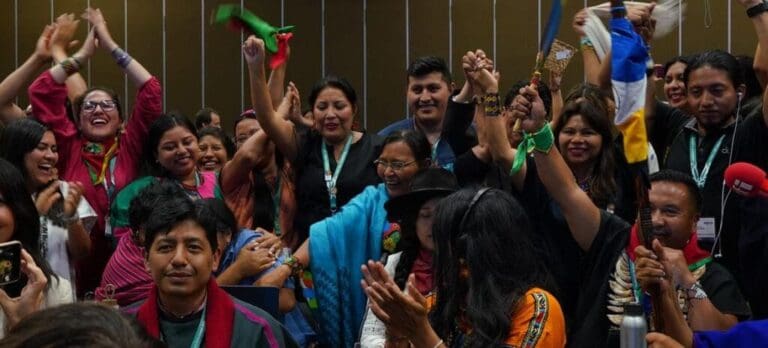While significant progress was made in recognizing the rights and role of indigenous peoples and local communities, key decisions on financing and monitoring the implementation of the Kunming-Montreal Global Biodiversity Framework (KMGBF) were stalled.
One of the major achievements of COP16 was the establishment of a new subsidiary body to ensure the full participation of indigenous peoples and people of African descent in biodiversity decision-making. This landmark decision represents a significant step forward in recognizing the invaluable contributions of these communities to biodiversity conservation.
However, the conference failed to reach consensus on critical issues such as financing the implementation of the KMGBF. While there was widespread recognition of the need for increased financial support, disagreements persisted among countries regarding the specific mechanisms and sources of funding.
Environmental organizations like Natural Justice expressed concern over the promotion of “false solutions” such as biodiversity credits and carbon offsets, which they argue could undermine human rights and climate justice goals. They emphasized the need for a strong political commitment from developed countries to address the biodiversity crisis and provide adequate financial support to developing countries.
As the world faces a growing biodiversity crisis, COP16 has highlighted the importance of inclusive and equitable approaches to conservation. While the establishment of a new body for indigenous peoples is a positive development, more needs to be done to ensure that the KMGBF is fully implemented and that the rights of marginalized communities are protected.
ARD/Sf/te/fss/abj/APA


